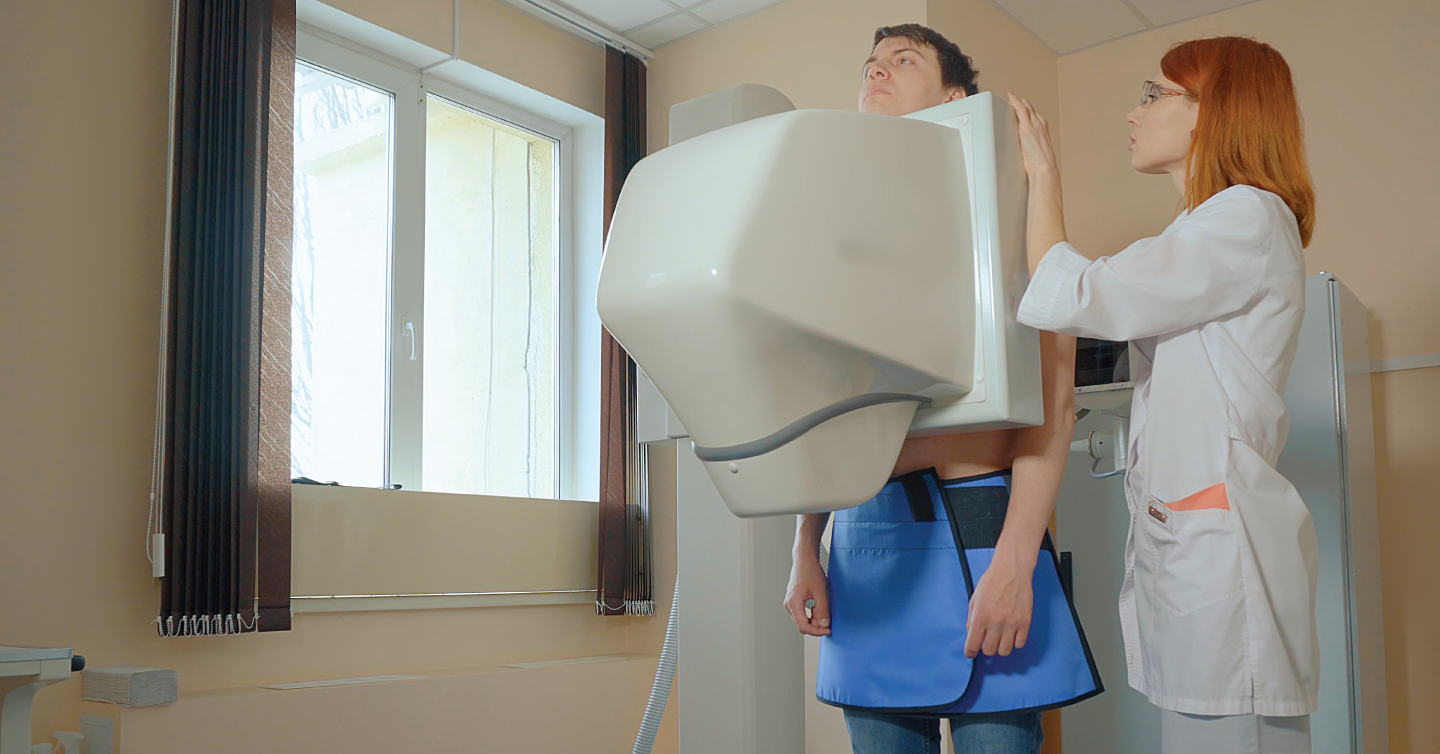Making Mental Health a Priority

Mental illnesses are among the most common health conditions in the U.S. and more than 50 percent of Americans will be diagnosed with a mental illness or disorder within their lifetime. Despite the widespread diagnoses, however, people who experience mental health symptoms (e.g., feeling down, frequent mood changes, increased worry, substance abuse, etc.) may be reluctant to seek help due to the misconceptions surrounding mental health and the stigma often associated with mental illness. Stigma has been described as shame felt due to real or perceived discrimination, or an internal feeling that confuses feeling bad with being bad.
May is Mental Health Awareness Month in the U.S., and it is a good time to define mental illness and talk about the importance of seeking help to maintain good mental health.
Mental health includes emotional, psychological and social well-being. According to the Centers for Disease Control and Prevention, it impacts how you think, feel and act, and it determines how you might handle stress or relate to others. Your mental health can change over time and can be influenced by life situations like job stress, loss of a loved one or changes in physical health.
Depression, anxiety, and other mental health conditions are medical diagnosis, no different than diabetes or heart disease. These conditions can be situational or chronic and may affect your ability to function in everyday life.
You may experience poor mental health and not be diagnosed with a mental illness, and a person who has a mental illness diagnosis might experience good mental health if the illness is properly treated and managed.
When you experience mental health symptoms, the most important first step is to seek help. Talking to a counselor or therapist, or seeing a personal doctor, can help you understand symptoms, identify underlying causes and come up with a treatment plan to improve mental health.
Sometimes it can be difficult finding a provider or scheduling a timely appointment. Virtual visits can be a secure, convenient way for people to access care.
In partnership with MDLIVE®, Network Health now offers behavioral health treatment to members from the comfort of their own homes. Appointments are available with board-certified psychiatrists and licensed therapists by registering online at www.mdlive.com/networkhealth.
Appointments can be attended via phone, secure video, or through the MDLIVE® app, and services are more affordable than conventional behavioral health care. If you aren’t a Network Health member, but you are struggling to find treatment, there are other virtual visits offered through health insurance companies. To learn more about available health care benefits, call the number on the back of your health plan identification card.
For more information about mental health awareness and resources, please visit the National Alliance on Mental Illness or Mental Health America.



